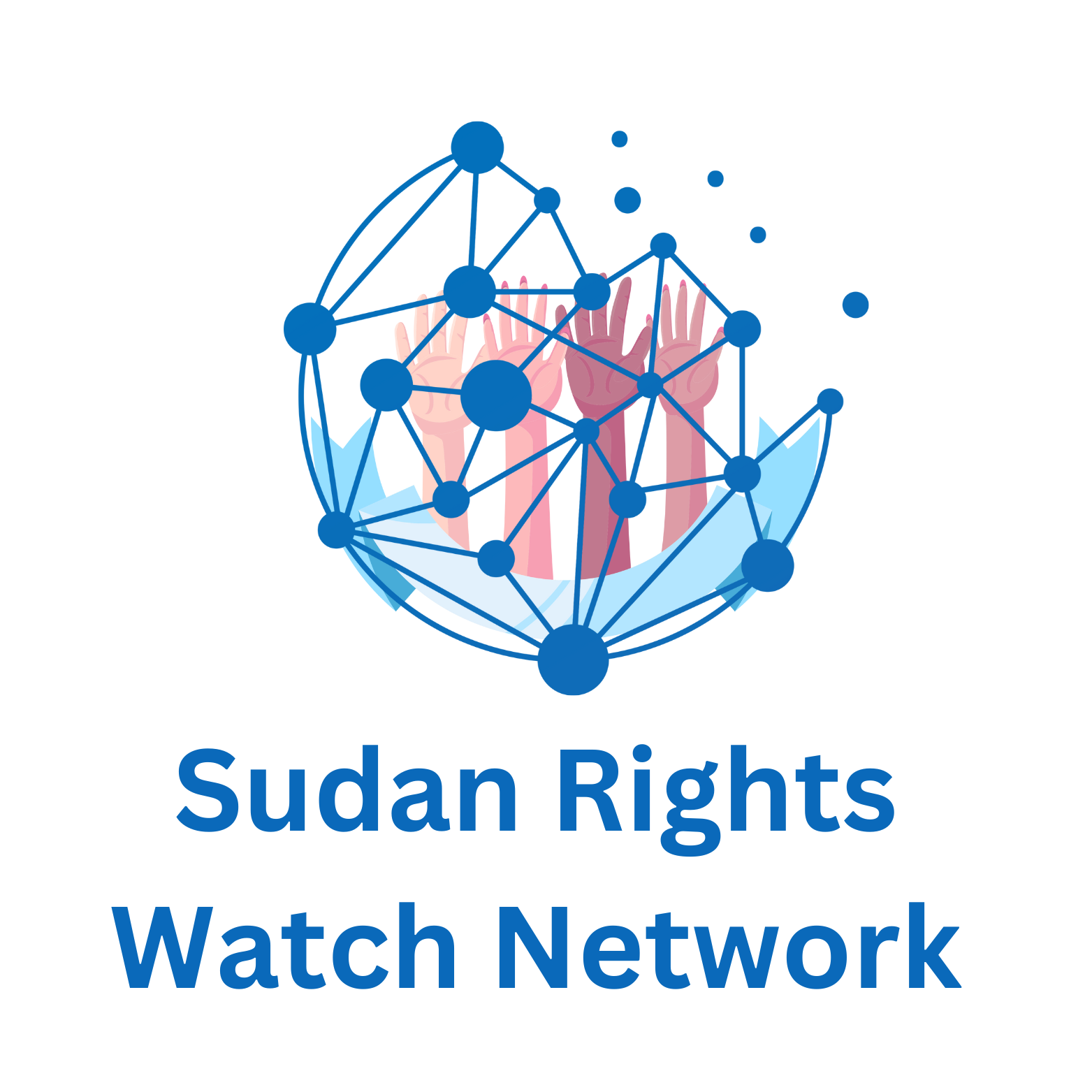In November 2023, the Darfur region experienced a concerning security deterioration due to the ongoing conflict between the Rapid Support Forces (RSF) and the Sudanese Armed Forces, along with their allied or supportive factions, which led to a significant increase in human rights violations. North Darfur remains severely affected by ongoing sieges, artillery and air strikes, and RSF attacks on several areas of the state, which has exacerbated the security and humanitarian situation, particularly in displacement camps such as Zamzam and Abu Shouk. The continued heavy artillery bombardment of these camps and neighborhoods in El Fasher by the RSF has resulted in numerous casualties, displacement, and destruction of civilian infrastructure, such as the UNICEF office, Saudi Hospital, El Fasher market, and livestock market. Additionally, repeated airstrikes by the Sudanese Air Force, particularly on towns like Kuma and Kabkabiya, and RSF strongholds, have turned the state, especially El Fasher, into a terrifying nightmare for civilians, particularly displaced people. Where In Central Darfur, the security situation and human rights violations continued to worsen. Civilians in camps, such as the Al-Hamidiya camp, faced intimidation, including random shootings, threats, and the looting of humanitarian aid. Armed robberies of bakeries, homes, markets, and neighborhoods in Zalingei City also occurred, along with repeated killings within the displacement camps. Moreover, there were air sorties by the Sudanese Air Force over the city.
In South Darfur also witnessed a significant escalation in violence and rights violations, further deteriorating the security situation, particularly in Nyala. This included the repeated landing of RSF aircraft at Nyala Airport and ongoing airstrikes by the Sudanese Air Force on parts of the city. Numerous incidents of armed robbery took place on the Nyala-Hijir and Nyala-Qereida roads, as well as in towns and neighborhoods. The State has also experienced multiple assaults on farmers and the grazing of livestock on farmlands, destroying large quantities of crops under threats, such as those that occurred in the Halof and Shadida areas in north of the Nyala.
In West Darfur, hate speech, armed robbery, arrests, and farmer-herder conflicts escalated. Additionally, airstrike violations continued. The state also saw the continuation of a state of emergency amidst political movements that led to the formation of a new alliance, named the Revolutionary Bloc. Where the state governor in Port Sudan, the country’s administrative capital, continued to remove the traditional leadership in West Darfur through a series of decrees and orders.
In East Darfur, tensions rose, with increased violence and attacks against civilians. There were incidents of abductions, extrajudicial killings, particularly in El Daein, and several cases of assassination in Abu Karinka. Additionally, there were disputes related to relationships between young men and women, some leading to premeditated killings, threats, and signs of emerging tribal conflicts.
In conclusion, the human rights situation in Darfur remains dire, with severe violations, deteriorating security, and humanitarian conditions, particularly in displacement camps. The ongoing military operations between the warring factions, now nearing their second year, have further intensified the fragility of the situation, affecting civilians in all aspects.
